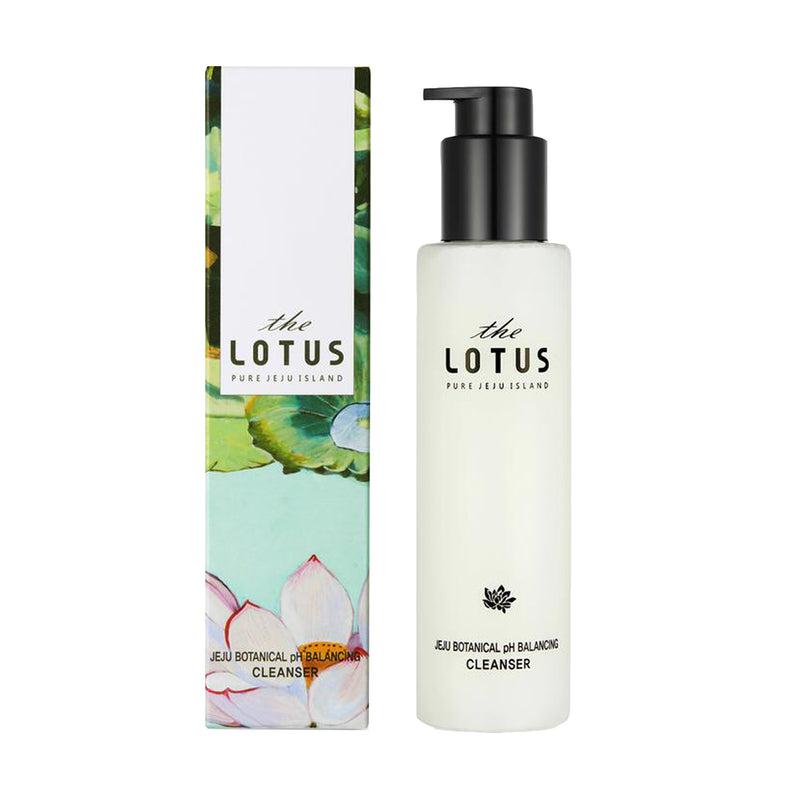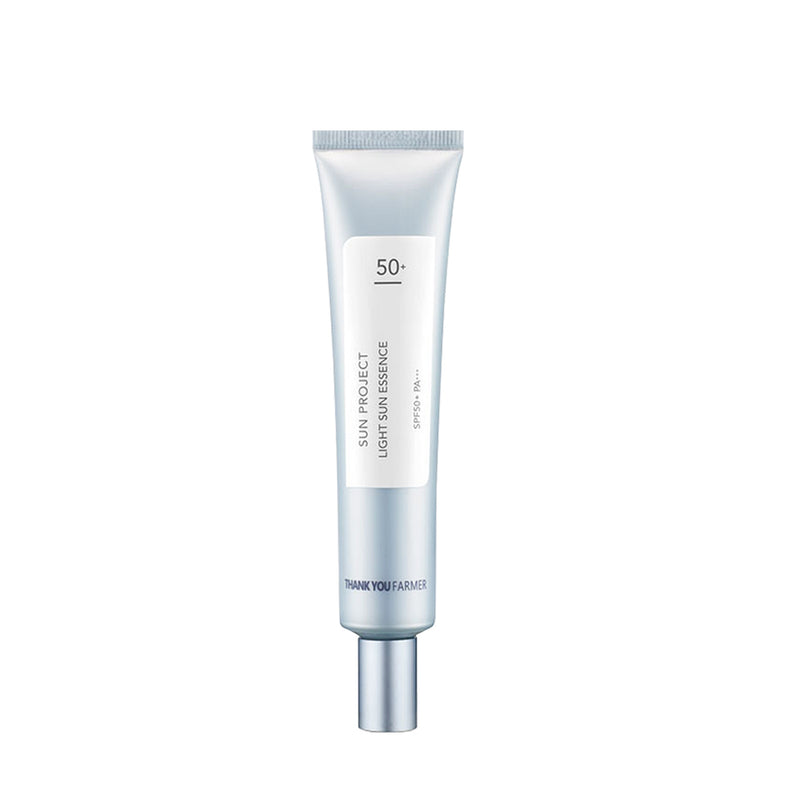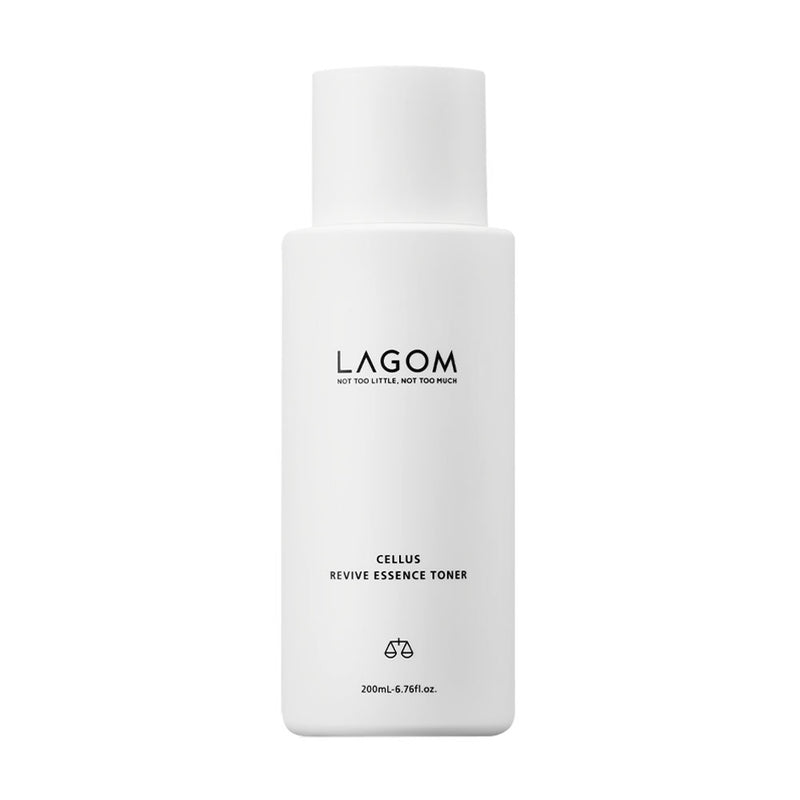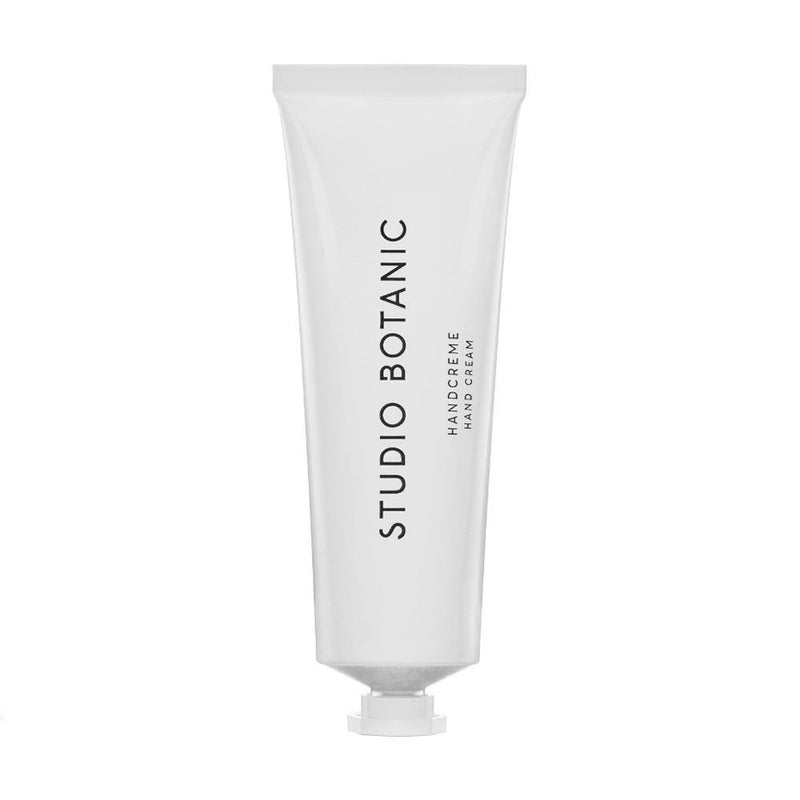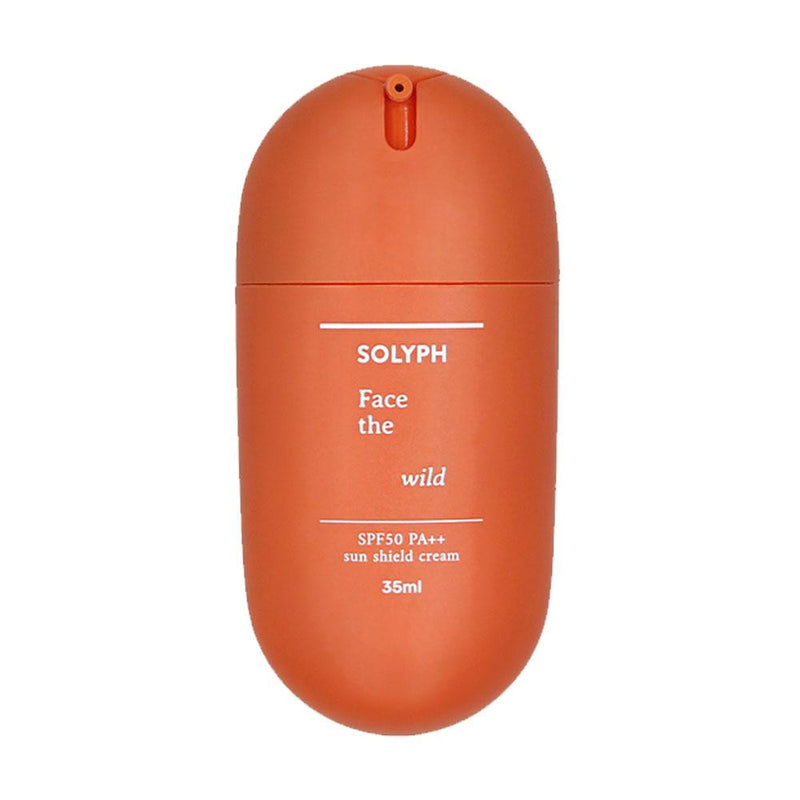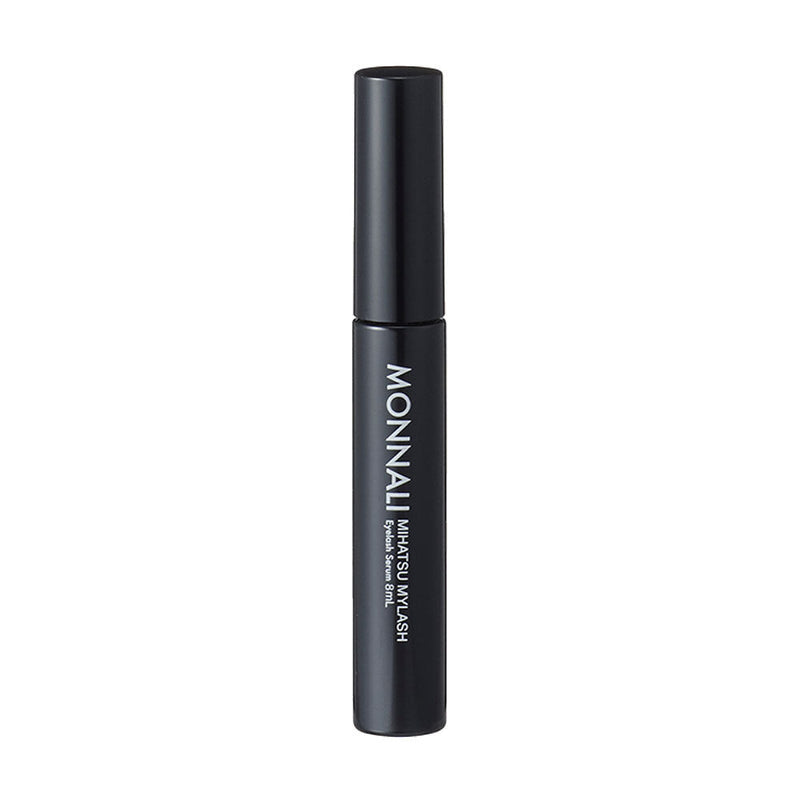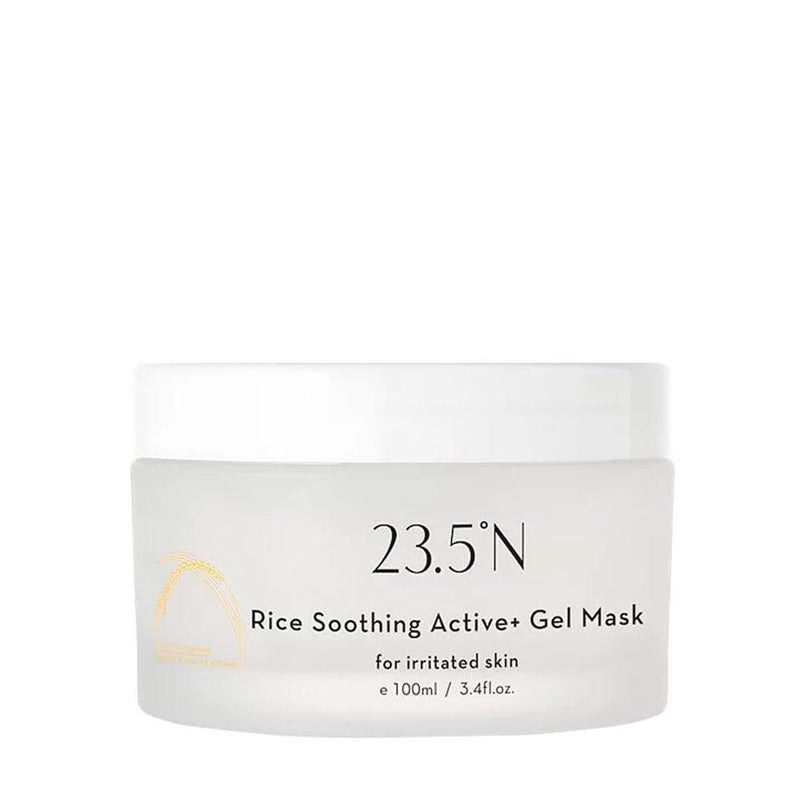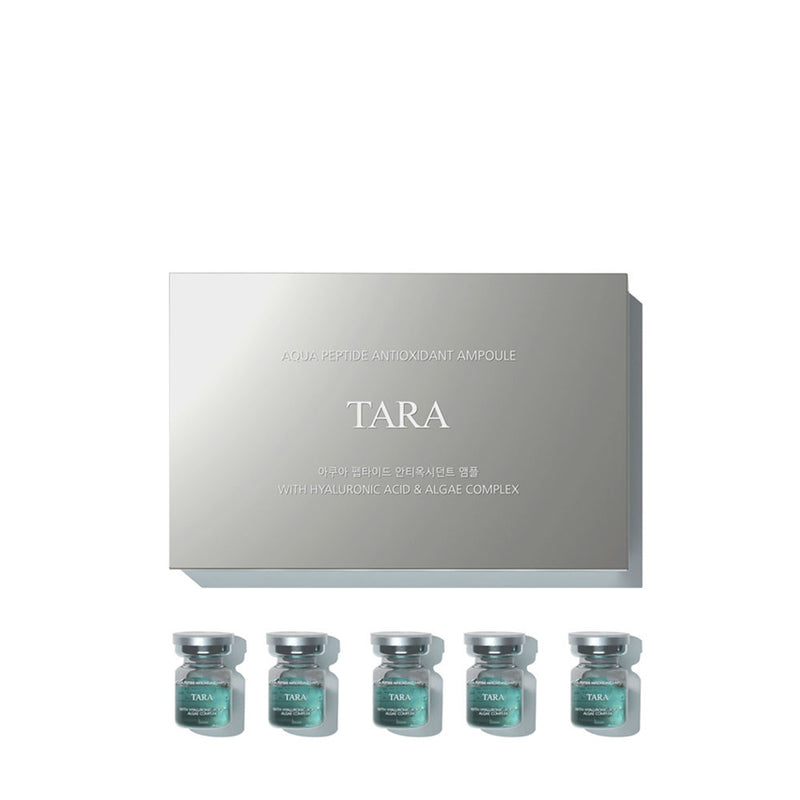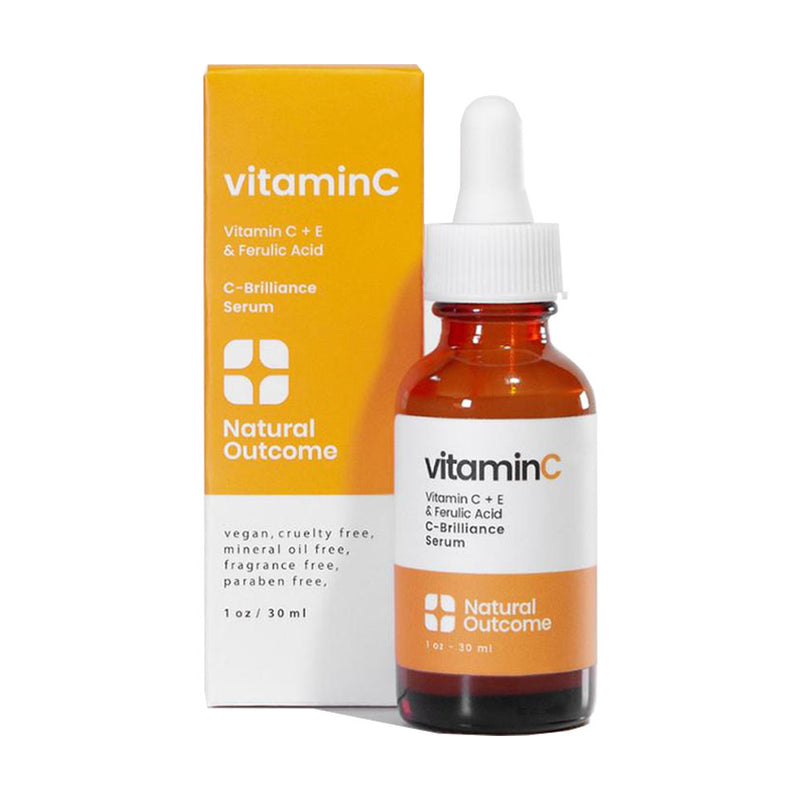Often taken as an oral supplement to boost our immune system, Vitamin C has also found its way into our skincare products, where it has many unexpected skin benefits. Here’s what you need to know about vitamin C in skincare and how to incorporate it into your routine
Vitamin C is probably the most well-known of all the vitamins and needs little introduction. Also known as L-Ascorbic Acid, Vitamin C is a water-soluble vitamin not produced or stored by the body. We get this essential nutrient from the food we eat, so it is important to get a daily dose by consuming fresh fruit and vegetables.
While we can eat our way to a healthy Vitamin C intake, our skin reaps the most benefits when applied topically rather than being ingested. In fact, according to dermatologists, it is up to 20 times more effective when applied topically than orally ingested!
Usually available in serums, Vitamin C products are also beginning to make an appearance in other products such as cleansers and moisturisers, but serums are probably still the best way for you to incorporate Vitamin C into your skincare routine, as they get absorbed better by your skin.

Finicky to use at times, we explore here everything you need to know about selecting the right Vitamin C product for your skincare needs.
Vitamin C Benefits for Skin
Vitamin C is A Powerful Antioxidant That Prevents Skin Cell Damage
If you are looking for a potent potion to help roll back the years, then look no further than your trusty Vitamin C serum. A powerful antioxidant, Vitamin C works on your skin to neturalise free radicals that can cause cellular damage and this can help prevent premature signs of ageing.
The efficacy of Vitamin C increases when combined with other antioxidants such as Tocopherol (Vitamin E) which is why they are often found together in serums like in Kumuya’s Illuminate Nutri-Serum Concentrate and I Dew Care’s Bright Side Up Brightening Vitamin C Serum.
Promotes Collagen Production
But prevention isn’t the only way that Vitamin C helps keep your skin looking youthful and radiant. The acidity in Vitamin C also triggers the skin’s production of collagen and elastin helping to keep your skin firm and plump and reducing the appearance of fine lines, wrinkles and even acne scars.
Targets Hyperpigmentation and Brightens Skin
Another key property of Vitamin C is its ability to inhibit the production of melanin in your skin, which is what causes skin discolouration and hyperpigmentation. Regular topical use of Vitamin C not only prevents the discolouration and dark spots from forming, it could help brighten and fade existing dark spots on your skin.
This trio of skincare benefits - prevention of free radical damage, plumping and firming and melanin control - makes Vitamin C an essential skincare ingredient that you should add to your daily skincare routine if you haven’t already.
When To Use Vitamin C in Skincare Routine
You can use vitamin C in the morning or evening. There is an ongoing debate on when is the best time to use Vitamin C products, in the morning for maximum protection before you head out or in the evening when Vitamin C levels are at their most depleted (Vitamin C is water soluble and doesn’t get stored, remember?).

There is absolutely no reason not to use Vitamin C skincare products in the evening but if you are using Vitamin C serum to protect your skin against damage caused by UV, then it only makes sense that you will get the most benefit out of it by applying it in the morning before heading out.
How to Store Vitamin C Serums
Because Vitamin C is sensitive to light and air, it is important to allow your serums to get absorbed fully before you head out in the morning. Exposure to light and air oxidises Vitamin C to dehydrosascorbic acid, which is less stable and less effective, and that is why they usually come in dark or opaque bottles.
Due to the sensitivity of Vitamin C to light and air, it is important to make sure that you store your Vitamin C skincare products properly. Always keep them capped tightly and away from direct sunlight. You might also want to favour products that come in an airless pump over open jars or tubs.
Benzoyl Peroxide and Vitamin C
Do not use Vitamin C with Benzoyl Peroxide, a chemical commonly found in anti-acne products. It is one common skincare ingredient you should definitely avoid if you want to incorporate Vitamin C into your skincare routine. Benzoyl Peroxide oxidises Vitamin C, reducing its potency and efficacy.
You can still use Benzoyl Peroxide products, but you probably will want to use them separately, such as Vitamin C in your morning routine and Benzoyl Peroxide in your evening skincare routines. Alternatively, you could choose to use them on different days.
Vitamin C Is Safe For Sensitive Skin

Vitamin C is generally safe to use and well tolerated, even if you have sensitive skin. On occasion, due to its acidic nature, you might experience a slight sting when using Vitamin C when used right after an exfoliating scrub, but this is quite normal. If it bothers you, just use them in separate routines, and that would solve the problem.
Mixing Vitamin C products with other acids can also exacerbate skin irritation so avoid using them together. It is also important to know that Vitamin C products tend to be on the oily side which can be problematic for those with oily skin so you might have to search a little for the right product for your skin.
And If That Still Doesn't Work
If you still find that your skin is reacting badly to Vitamin C, you might want to change the product you are using to one with a lower concentration. Vitamin C concentration in skincare products typically ranges within 5% and 30%, and if you have sensitive or dry skin, then you might want to opt for one with a lower concentration as it is less likely to cause irritation.
Vitamin C’s benefits do start to plateau around 20%, so while you might want to use a product with a higher concentration to target concerns like extensive pigmentation, do know that you might not be getting all the benefits that you are paying for beyond 20%.
Finally, Know What You Are Paying For
As mentioned earlier, not all Vitamin C products are created equal. In its purest form, Vitamin C or L-Ascorbic Acid is the most active and well studied form of Vitamin C but there are also other derivatives such as ascorbyl palmitate tetrahexyldecyl ascorbate, magnesium ascorbyl phosphate and others.
These are not pure Vitamin C (L-Ascorbic Acid) but have instead been combined with other ingredients that might help keep it stable. When these derivatives come into contact with your skin, they then release the pure Vitamin C into your skin. As they are not pure, a product that contains 15% of these derivatives might only have an actual concentration of 5% of pure Vitamin C, so choose wisely.

Best Vitamin C Serum For Oily Skin: Kumuya Illuminate Nutri-Serum Concentrate

This award winning regenerative brightening serum is made from plant based ingredients that contain powerful natural actives such as Alpha Arbutin, Niacinamide and Vitamin C to help reduce the appearance of pigmentation, improve skin tone and leave you with a healthy, youthful glow. Designed to be curative and preventive, this serum not only delivers noticeable results but protects your skin against free radical damage and environmental stresses.
Best Value Vitamin C Serum: I Dew Care Bright Side Up Brightening Serum
This powerhouse serum is made from Kakadu Plum Extract. Considered the richest natural source of Vitamin C, Kakadu Plum contains up to 100 times more Vitamin C than oranges, and is a natural botanical source that is often more bioavailable (easily absorbed and utilized by the skin) than most synthetic forms. Combined with Ferulic Acid, Vitamin E and Hyaluronic Acid, this serum revitalises and brightens complexion, fading dark spots and blemishes.
Best Vitamin C Facial Oil For Sensitive Skin: Aromatica Organic Neroli Brightening Facial Oil

This organic, all-natural brightening facial oil is formulated with Neroli Oil to help renew and brighten dull complexions. Neroli Oil, extracted from orange blossom flowers is a precious extract, is a rich source of Vitamin C. Formulated with other skin healthy essential oils, the Organic Neroli Brightening Facial Oil also works to keep skin elastic, reduce the visibility of broken capillaries and reduce hyperpigmentation. This lightweight organic facial oil is particularly good for sensitive skin types or for those who find Vitamin C based brighten products too harsh.
Last Word of Advice
Vitamin C plays many important roles in our body such as enhancing brain function, boosting the immune system and keeping the bones strong but it is its ability to promote wound healing and as a powerful antioxidant that has earned Vitamin C in skincare a permanent place on our vanity table.
Just as consuming antioxidant-rich foods helps your body stave off free radical damage, Vitamin C applied topically does the same for your skin and may even afford some protection against precancerous changes caused by UV exposure.
With its recent popularity, Vitamin C is beginning to make an appearance in a variety of products and here are our favourites.
